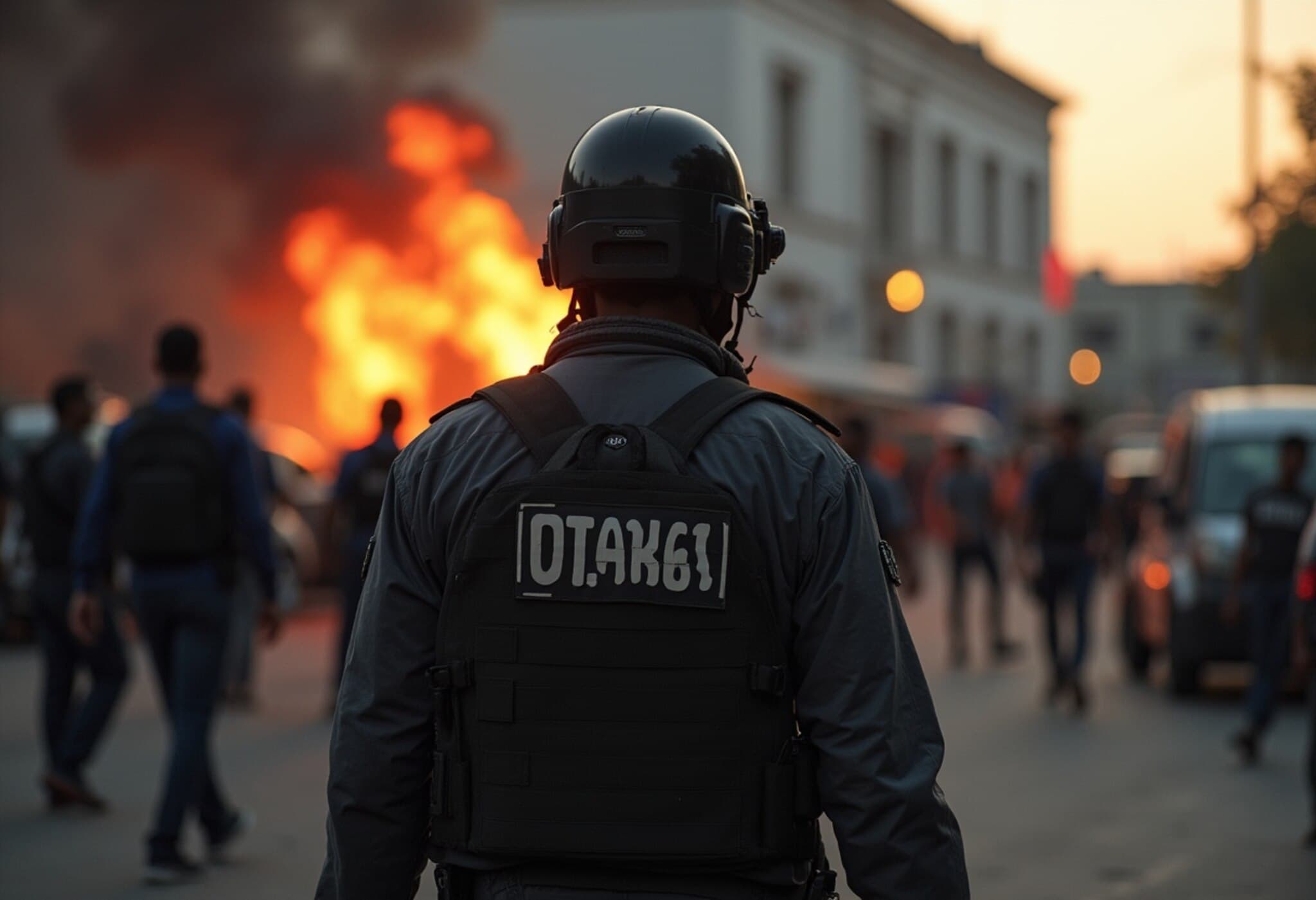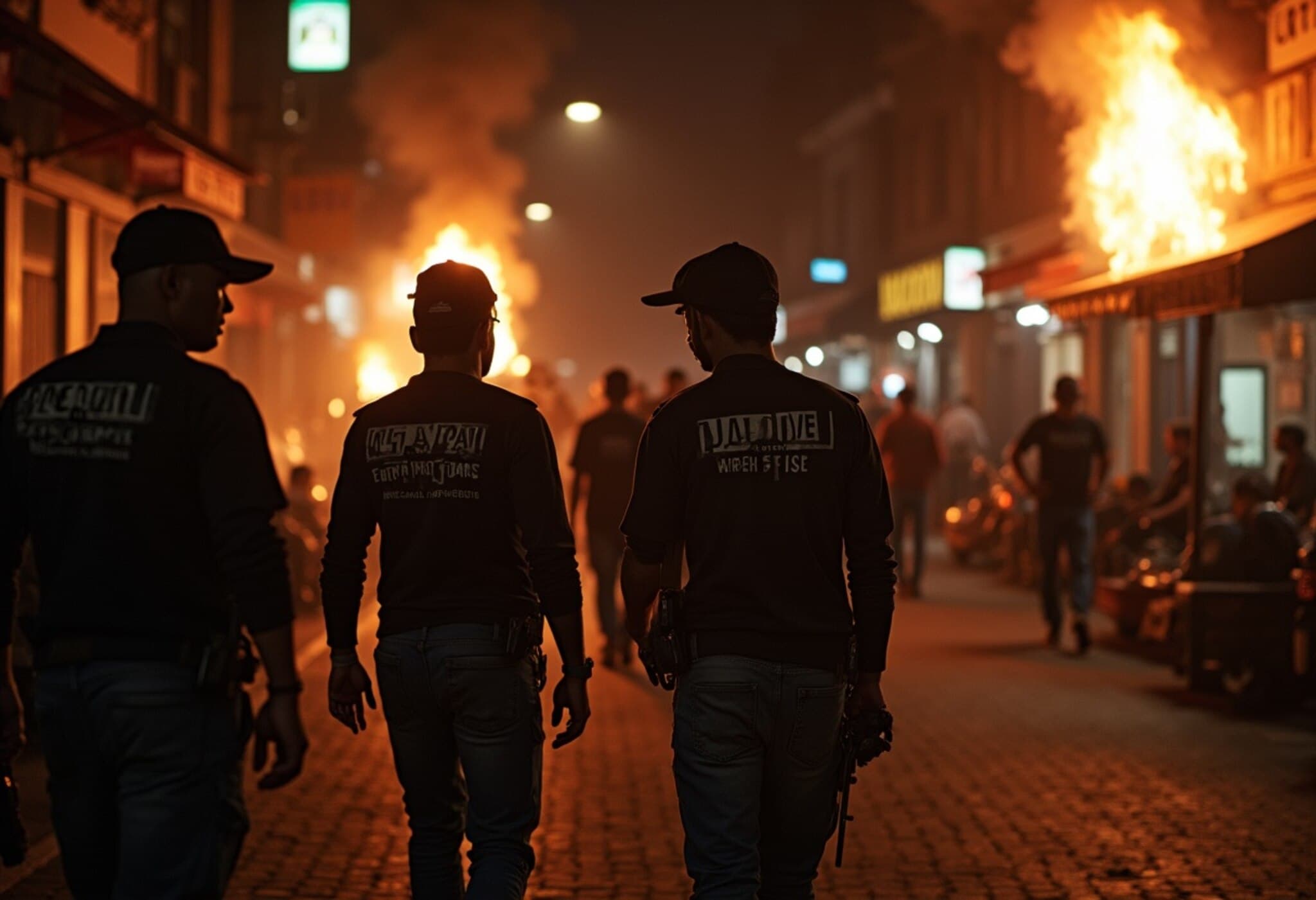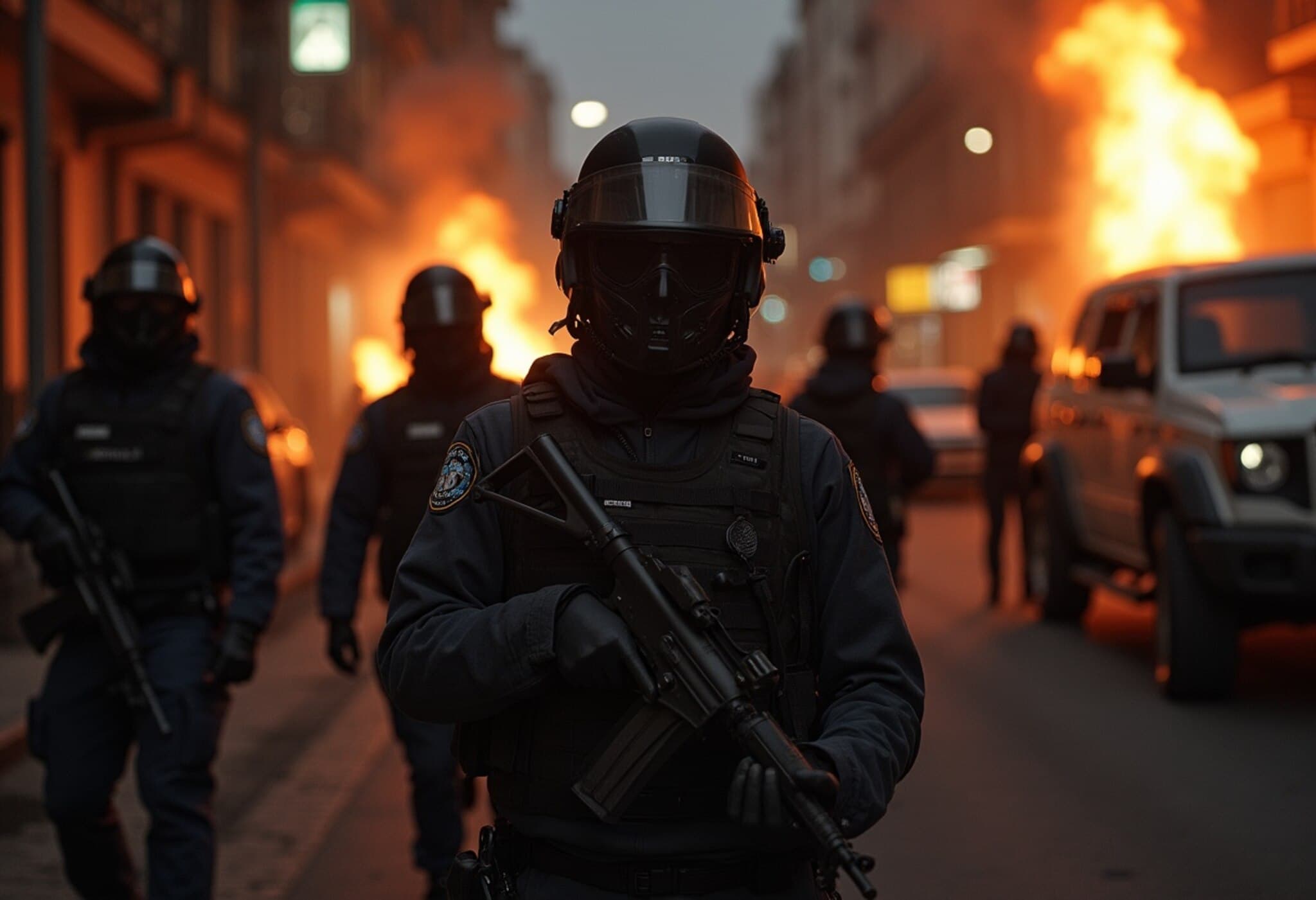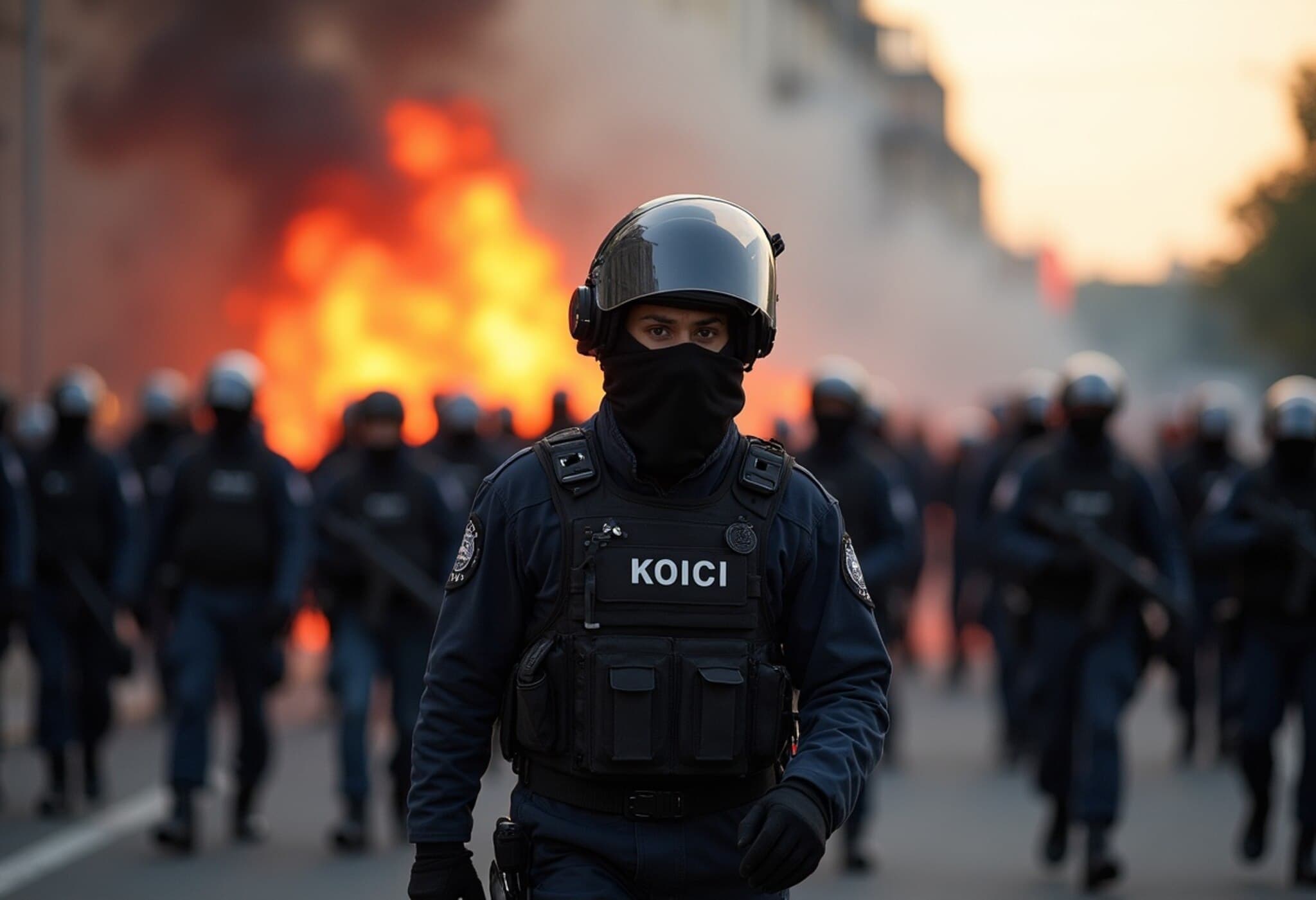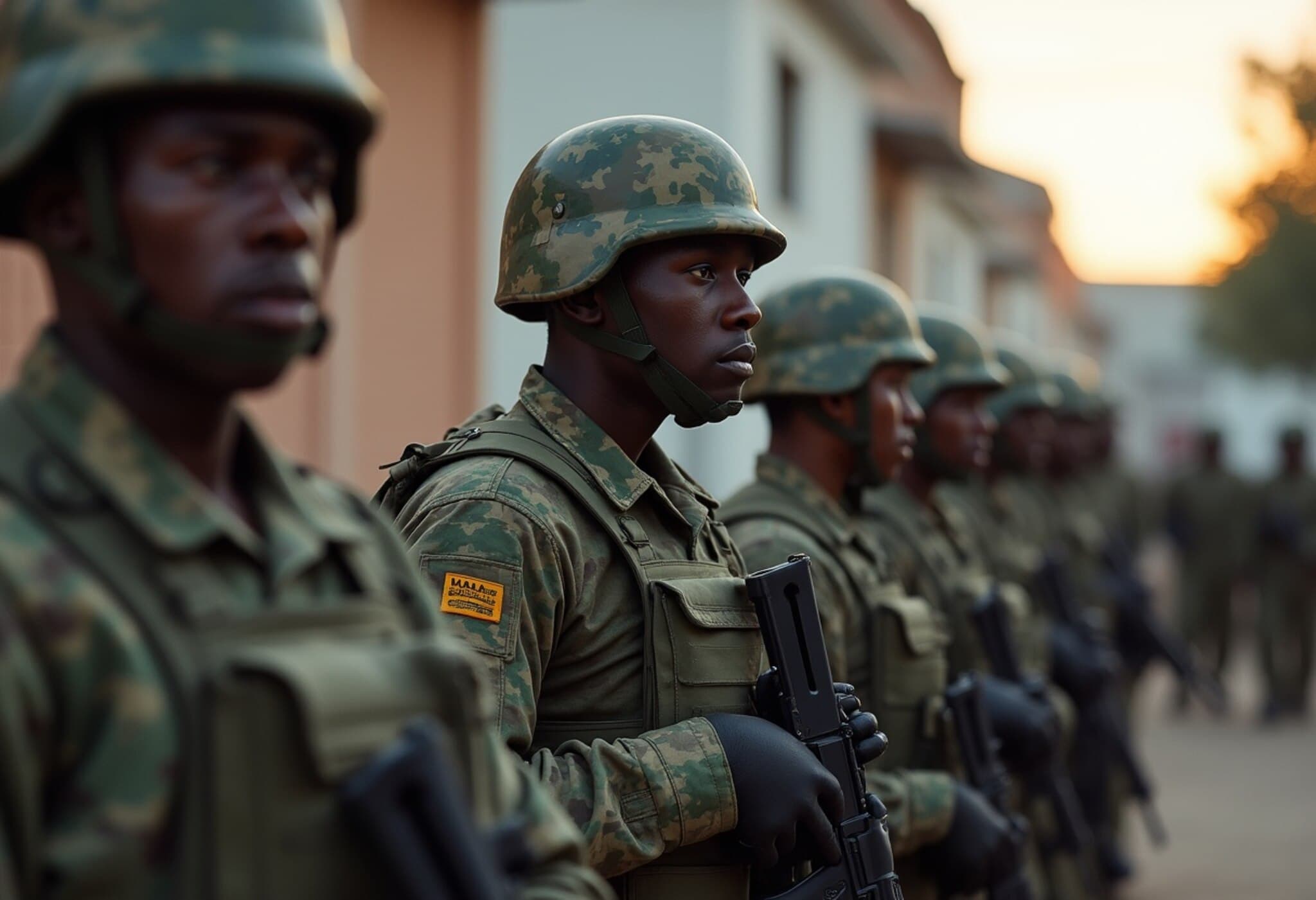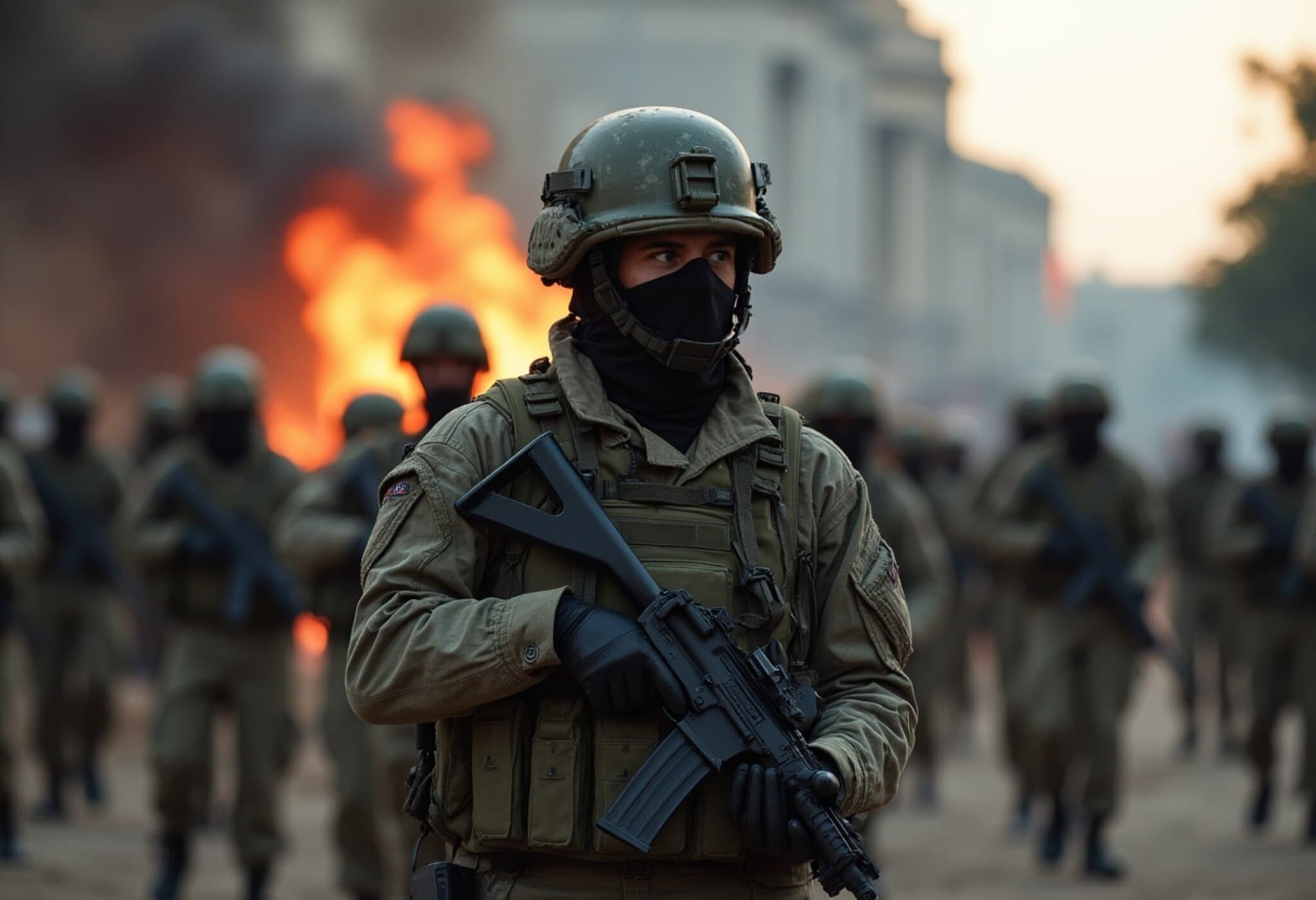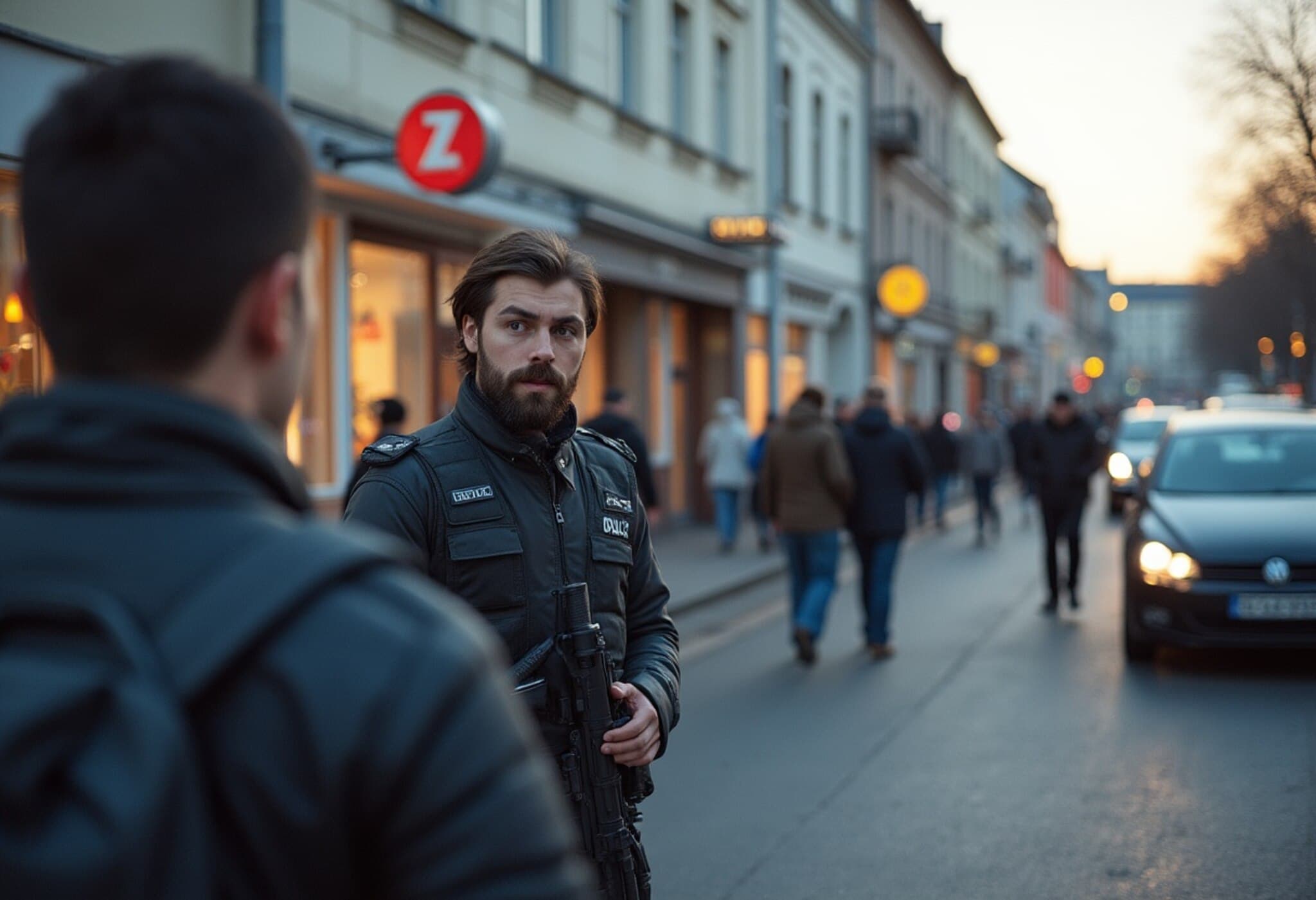Trinidad and Tobago Faces Renewed State of Emergency Amid Gang Violence Escalation
The twin-island nation of Trinidad and Tobago, home to roughly 1.5 million residents, has once again declared a state of emergency, marking the second such move within a single year. This announcement comes as the country contends with a persistent and alarming rise in organised criminal gang activity, underscoring concerns over national security and public safety.
Unpacking the Decision: Authorities Respond to Heightened Threats
On Friday, Police Commissioner Allister Guevarro confirmed the government’s decision to impose the state of emergency after credible intelligence revealed that gangs have consolidated their power into sophisticated criminal syndicates. These factions are reportedly orchestrating plans involving assassinations, kidnappings, and widespread robberies across Trinidad and Tobago.
In an effort to disrupt these plots, law enforcement has intensified efforts to dismantle gang communications, particularly within correctional facilities. Commissioner Guevarro noted that targeted relocations of gang members between prisons are underway to sever their links with outside networks.
“Our goal is to break the communication chains that enable criminal coordination,” Guevarro explained. “By transferring key individuals to more secure environments, we aim to frustrate their operations and protect our communities.”
Context: A Long-Standing Battle with Gang Violence
Trinidad and Tobago’s struggle against gang violence has spanned over a decade, with a disturbing rise in homicide rates making headlines regionally. In 2024 alone, the country recorded 624 homicides, positioning it among the most violent nations in Latin America and the Caribbean.
Despite these grim statistics, recent months have seen some positive developments. Local media sources reported a 33% decrease in homicides during the first half of 2025 compared to the same periods in 2023 and 2024. Yet, authorities remain cautious, emphasizing that the state of emergency is a pre-emptive measure designed to prevent crime surges rather than a reactive response to a current spike.
Government Perspectives: Balancing Security and Civil Liberties
Attorney General John Jeremie acknowledged an uptick in gang-related homicides and kidnappings, reinforcing the decision to maintain the emergency status. When questioned about the length of the emergency measures, Jeremie remarked, “It will continue for as long as our security forces require legislative support to effectively combat these threats.”
This highlights a delicate balance the government must maintain: safeguarding citizens and maintaining public order while respecting civil liberties and ensuring transparency in the use of expanded powers.
Expert Insights: Understanding the Broader Implications
Criminologists studying Caribbean urban violence note that Trinidad and Tobago’s challenges reflect a broader trend in the region, where economic instability, limited opportunities, and porous borders fuel the rise of organised crime. The involvement of gangs both inside prisons and on the streets complicates law enforcement efforts, creating a cycle that is hard to break.
Policy analysts suggest that while states of emergency can provide immediate tools for disruption, long-term strategies focusing on social investments, community policing, and prison reform are critical to lasting peace.
What Lies Ahead?
- Continued monitoring of gang activity and its adaptation to enforcement tactics.
- Potential expansion of state powers and their oversight to prevent abuse.
- Community engagement initiatives aimed at reducing youth recruitment into gangs.
Editor’s Note
The repeated imposition of a state of emergency in Trinidad and Tobago serves as a stark reminder of the enduring challenge posed by organised crime in the Caribbean. While immediate security measures are necessary, this crisis invites a broader conversation about the root causes of violence and the multifaceted approach needed to foster safer communities. Readers are encouraged to consider the economic and social dimensions intertwined with this security issue, reflecting on what sustainable solutions might look like on both a regional and local scale.

